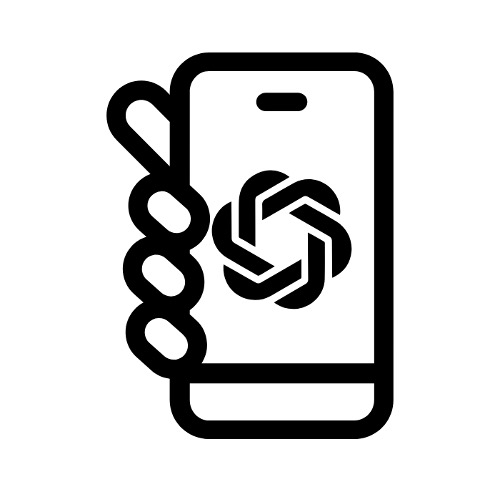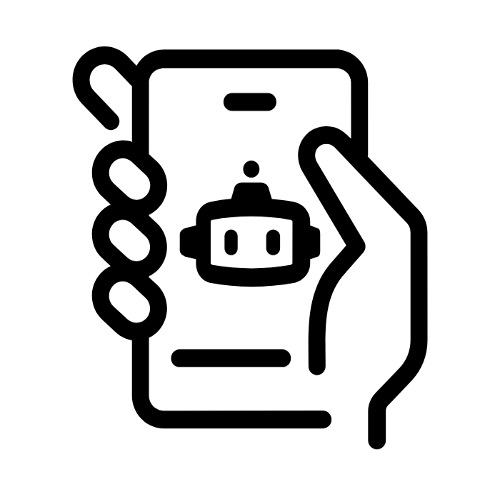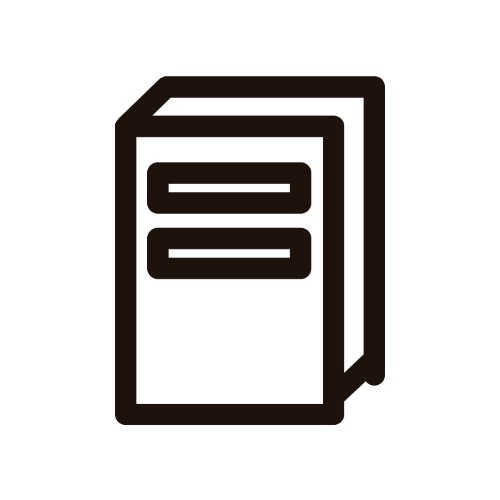The Project
What do digital formats do to subject content and teaching processes? How can students be given a critical and reflective understanding of data practices and their consequences? How should digital or hybrid teaching formats be designed beyond the emergency situation caused by the pandemic? What do new technology-induced teacher and student role models look like?
Thinking digitally right from the start

Joseph Mucira / Pixabay
The ‘Digital and Data Literacy in Teaching Lab’ project (DDLitLab for short) addresses these and other questions. A central pillar is the promotion of digital teaching innovations related to data literacy education through teaching projects at all faculties and as part of cross-faculty courses. The project team sees digital forms and spaces as the starting point for the development of the programme - and not, as is usually the case, as a mere supplement to physical elements. Digital and Data Literacy in Teaching Lab is being funded by the Foundation for Innovation in Higher Education with around 5 million euros for a total duration of four and a half years.
What exactly is digital and data literacy?
"Digital and data literacy means the technical and cultural ability to orientate and help shape processes of (digital) data collection and storage, their processing, analysis and visualisation, as well as critical reflection on contemporary digital and data practices and their consequences for everyday social life in science, law, culture, politics and business." (Universität Hamburg, 2023)

A central aim of the project is to enable students to gain a critical understanding of digital and data practices and to use data responsibly.
Our interdisciplinary Data Worlds programme, a two-semester lecture cycle with application exercises, provides the basis for this.
We also promote innovative teaching ideas in subject-specific, interdisciplinary and transfer-oriented courses as part of the teaching lab.

Students who want to work intensively on their own chosen, data-driven topics and thus individually expand their expert knowledge and their digital and data skills are supervised in the student research groups with a focus on data literacy.
Foto: Baim Icon & design circle / Noun Project
Content perspectives
Didactic counselling - DUTy
The DUTy (Digital University Teaching Literacy) sub-project is the responsibility of the HUL and is aimed at qualifying teachers and student tutors for digital (or hybrid) teaching.
With the increasing penetration of digital technologies in society, the ability to teach digitally (or hybrid) is becoming an integral part of teaching skills at universities - regardless of the subject matter. Digital university teaching literacy refers to the fundamental ability of teachers to organise their teaching with digital technologies in such a way that the intended educational and learning objectives are achieved. From teaching navigation to AI hands-on events - further information and offers from the DuTy team can be found at the bottom of this page!
Information & education
Generative AI in the DDLitLab
Generative AI is a key topic in studying and teaching. From possible applications and limitations, to tool tips and information on what research is being carried out at UHH in the field of AI, you can find out here what you need to know to use AI confidently during your studies.
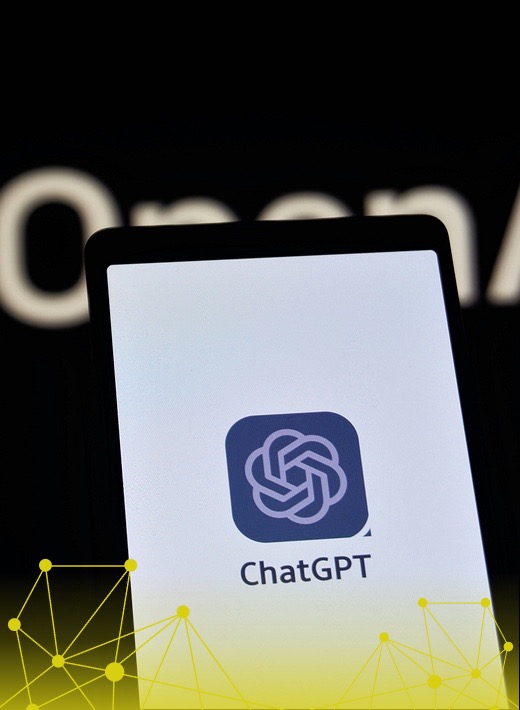
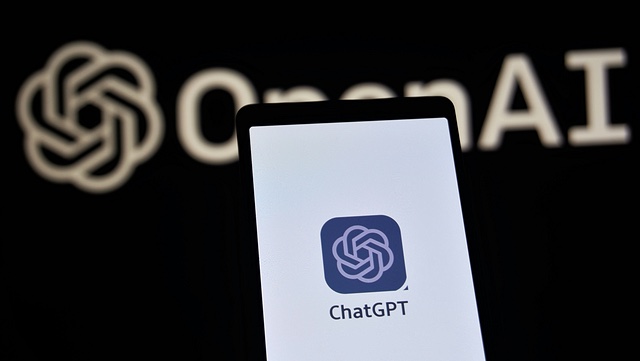
Photo: Mojahid Mottakin / unsplash

